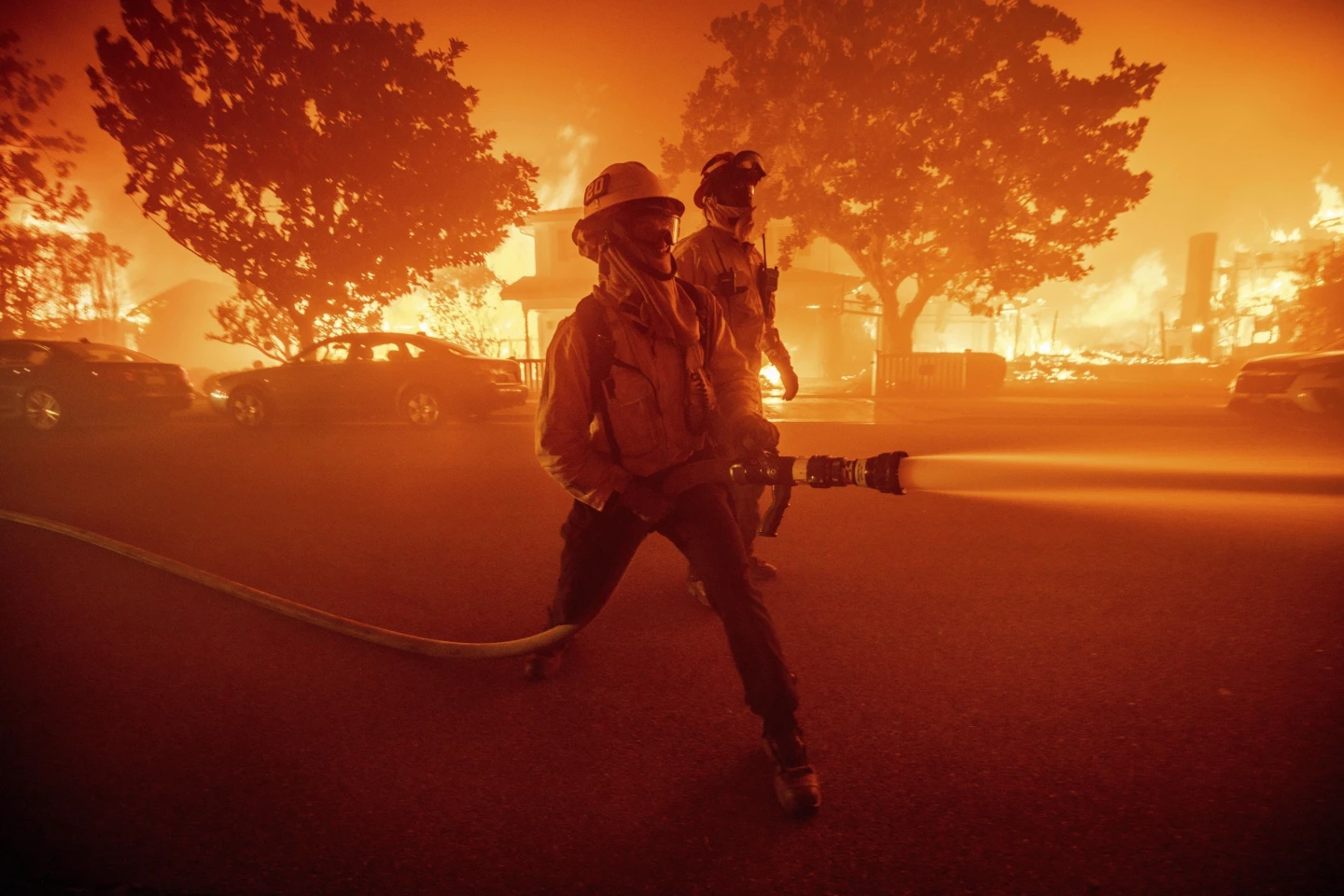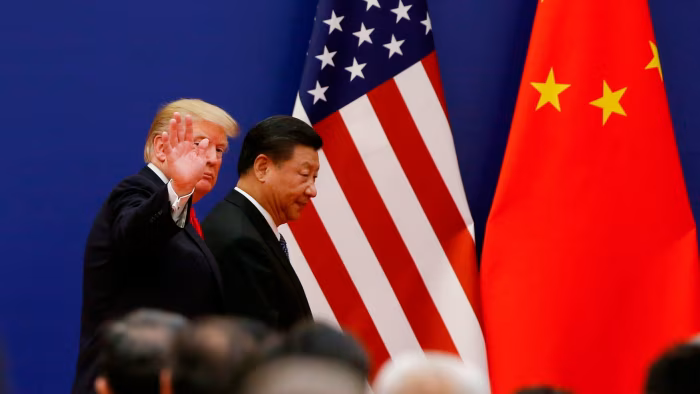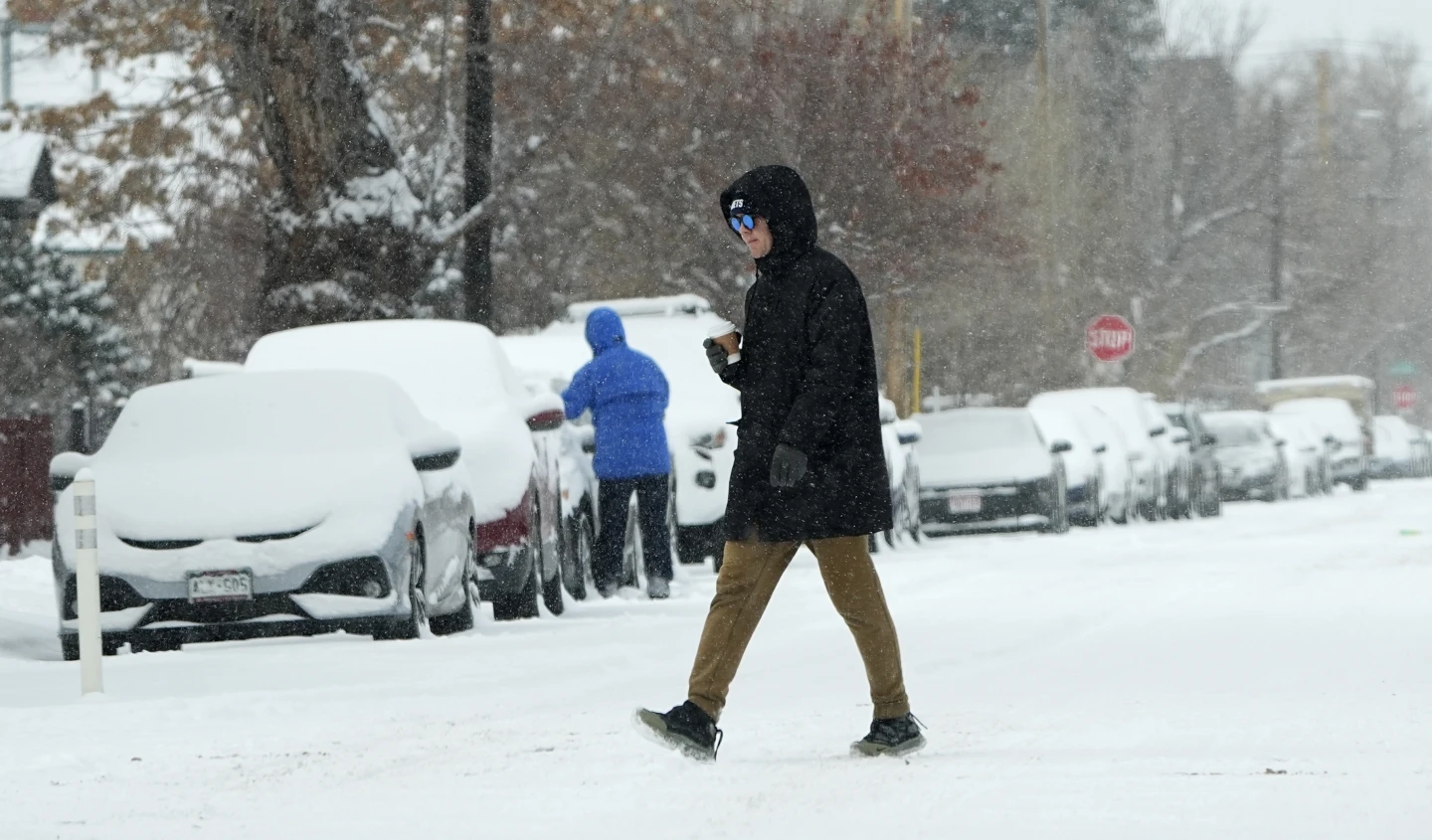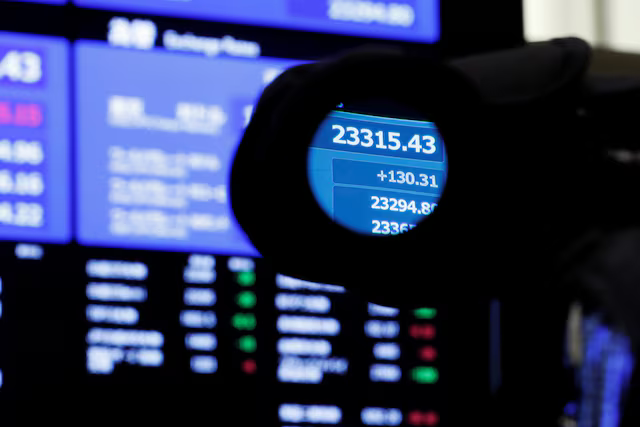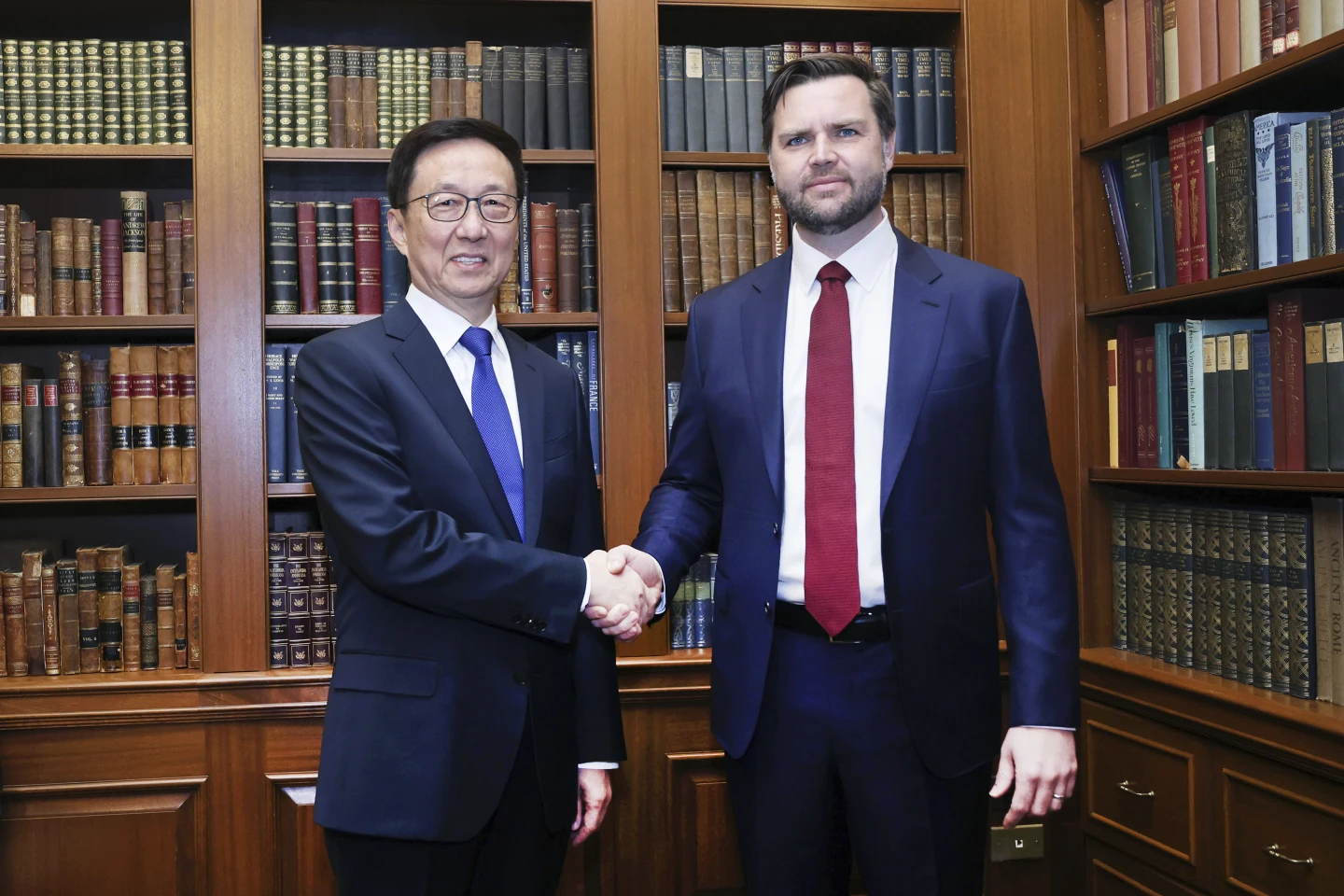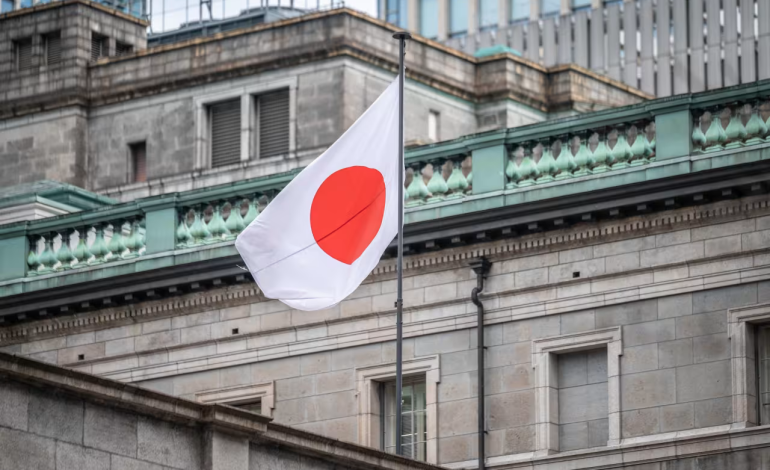Market anticipation is building around the Bank of Japan’s (BOJ) potential interest rate hike this week, with speculation fueled by recent economic data and statements from central bank officials.
However, the final decision could be influenced by US President Donald Trump’s inaugural address, which has the potential to unsettle financial markets.
Over the past week, expectations for a rate increase have intensified. BOJ Governor Kazuo Ueda and his deputy have signaled that they will deliberate on whether to raise the policy rate from its current 0.25% during a two-day meeting concluding on Friday. This follows mounting evidence suggesting that Japan’s domestic economy is nearing the central bank’s inflation target of 2%, underpinned by wage growth.
Ueda has emphasized that wage trends and external economic factors, particularly US policies, are critical to the BOJ’s decision-making process. He has also indicated a need for “one more notch” of positive data to justify a rate hike.
Recent reports from businesses and labor unions suggest encouraging trends in wage increases. Major companies, including Fast Retailing and Suntory, have announced significant salary hikes, and Japan’s largest labor union group is seeking over a 5% pay raise this year. Such developments support the BOJ’s inflation goals and provide momentum for monetary policy normalization.
Policymakers are weighing the risks of delaying a hike, as waiting too long might reinforce a perception of dovishness in the markets.
Trump’s inaugural speech adds an element of uncertainty to the BOJ’s decision. Any surprising remarks, such as hints of additional tariffs or immigration policies, could trigger market volatility. If financial conditions become unstable, the BOJ may opt to hold off on a rate increase.
Economists remain divided on the timing of the rate hike. Some argue that the BOJ has sufficient data to proceed, citing recent economic reports and optimistic feedback from local businesses. Others caution that lingering uncertainty, both domestic and international, may warrant a more cautious approach.
A Reuters poll found that 80% of economists expect a rate hike this month, but many acknowledge that the decision will be finely balanced.
The Wall Street Journal and the Financial Times contributed to this report.

